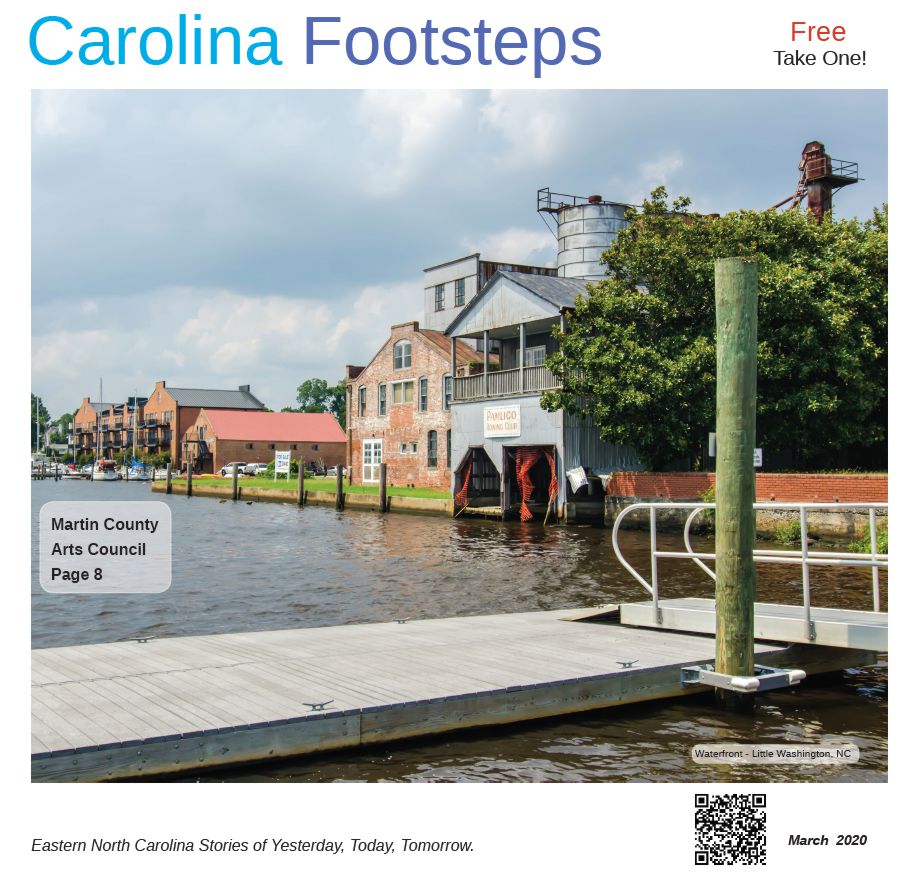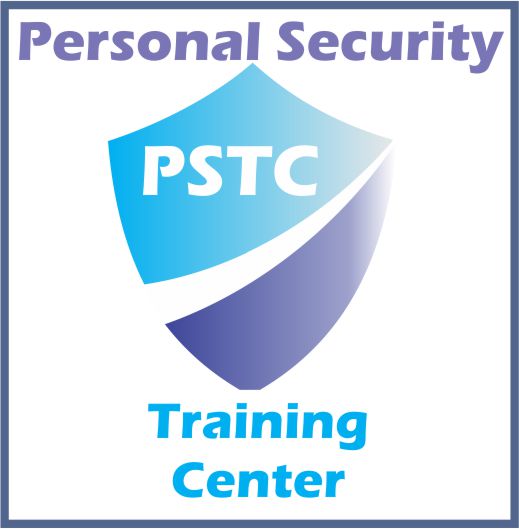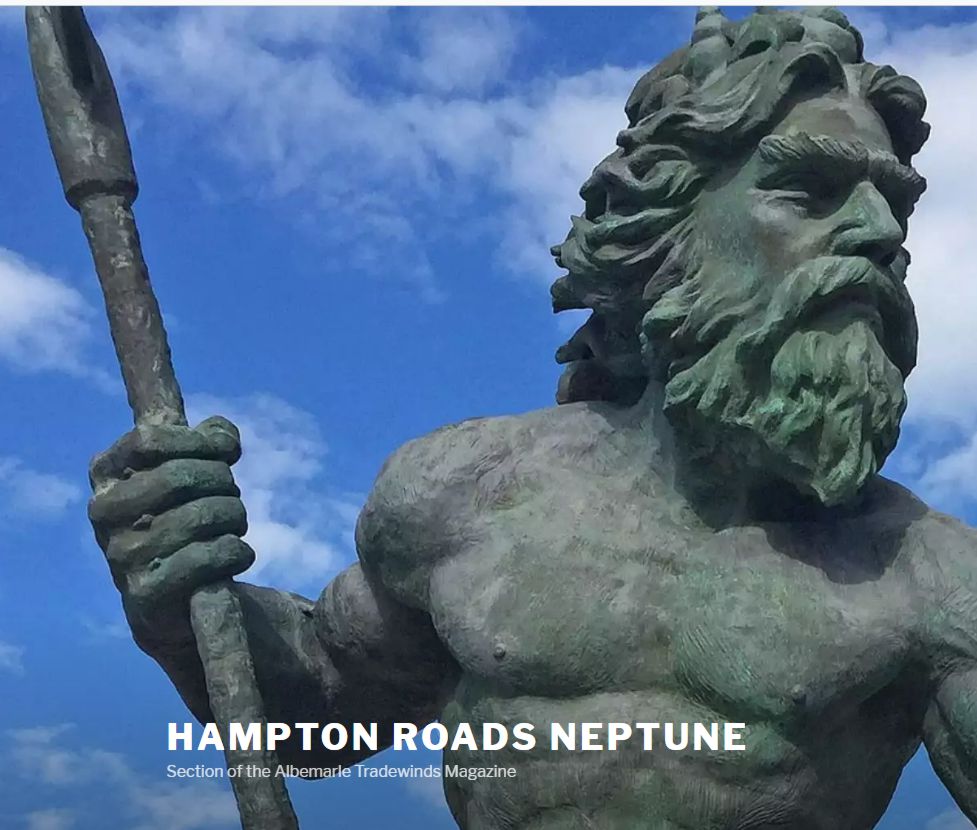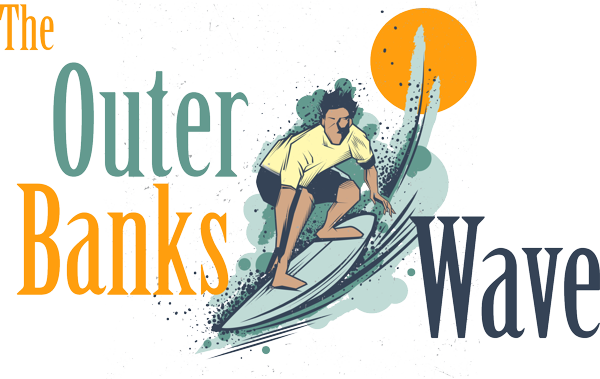It is fairly common to see messages on social media asking who teaches concealed carry classes, or when the "next" one is. Such a question implies that the questioner already has some familiarity with firearms, and just wants to get the paperwork out of the way. To often, the questioner is overlooking major aspects of concealed carry that a good instructor can address. The real question should be, "Who is the BEST instructor?"
Carrying concealed does not eliminate a possible threat. It simply gives you another option to deal with it. Unfortunately, that option can have deadly consequences. You should not change your behavior just because you are carrying. If your common sense tells you not to go down a dark alley unarmed, why would you do so armed? If you pull into a gas station where a bunch of unsavory troublemakers are hanging out, your normal reaction would be to go elsewhere. That should not change just because you are armed. In the eyes of a jury, you may very well have to prove that you actively tried to avoid trouble, but it was forced upon you, and use of deadly force was the only way out. Speaking of options, you should have defensive skills other than pulling a trigger. A self-defense class, pepper spray or other non-lethal methods of defense can give you more options to avoid using the firearm, and options should you be separated from it.
Carrying concealed involves entirely different circumstances than does the controlled setting of hunting or target shooting where the weapon is often not even loaded until you are in position and ready to fire. Carrying concealed means carrying, transporting and storing a loaded weapon capable of discharging and killing someone just by mishandling. Consideration must be given to accessibility, mode of transport, and security of storage. Is the weapon to be stored loaded? If so, what safeguards are in place to prevent unauthorized access by children and others?
Carrying concealed involves knowing when to unholster the weapon, often in a public place, where even the presence of a weapon can cause a panic. The "when" is a product of applying the law to the particular facts of the situation. If you are not absolutely sure of the law, how can you apply it correctly, especially given the potentially deadly consequences of your actions?
Carrying concealed involves being very conscious of what lies beyond your attacker, even more so than in a hunting situation, because use of the weapon may very well be in a densely populated setting, with lots of potential victims down range should you miss. And the potential line of fire is 360 degrees, not down a confined shooting lane. You must know who is nearby and where they are before you can take steps to avoid injuring them. Remembering to constantly be aware of who is around you and what they are doing is a good first step to painting the scene in your mind.
Carrying concealed involves not just familiarity with the weapon but proficiency with it. Proficiency requires lots of training and practice. That's the reason police and military train all the time. A hyper-stressful situation on the street where your life is being threatened is not the time or place to try to recall how to get the safety off, or what the sight picture should look like, or how to clear a jam.
With these things in mind, you should demand a ccw instructor who teaches above and beyond the statutory requirements to get the permit. Does he offer/endorse other methods of self-defense, including the concept of using force only to the level necessary to meet the threat? Does he offer training/advice on carrying, transporting and storing the weapon? Does he make the law absolutely clear so that you fully understand it? Does he instruct you on shooting positions to minimize risk to bystanders? Does he offer and encourage recurrent training? If not, you should consider another instructor.
Carrying concealed does not eliminate a possible threat. It simply gives you another option to deal with it. Unfortunately, that option can have deadly consequences. You should not change your behavior just because you are carrying. If your common sense tells you not to go down a dark alley unarmed, why would you do so armed? If you pull into a gas station where a bunch of unsavory troublemakers are hanging out, your normal reaction would be to go elsewhere. That should not change just because you are armed. In the eyes of a jury, you may very well have to prove that you actively tried to avoid trouble, but it was forced upon you, and use of deadly force was the only way out. Speaking of options, you should have defensive skills other than pulling a trigger. A self-defense class, pepper spray or other non-lethal methods of defense can give you more options to avoid using the firearm, and options should you be separated from it.
Carrying concealed involves entirely different circumstances than does the controlled setting of hunting or target shooting where the weapon is often not even loaded until you are in position and ready to fire. Carrying concealed means carrying, transporting and storing a loaded weapon capable of discharging and killing someone just by mishandling. Consideration must be given to accessibility, mode of transport, and security of storage. Is the weapon to be stored loaded? If so, what safeguards are in place to prevent unauthorized access by children and others?
Carrying concealed involves knowing when to unholster the weapon, often in a public place, where even the presence of a weapon can cause a panic. The "when" is a product of applying the law to the particular facts of the situation. If you are not absolutely sure of the law, how can you apply it correctly, especially given the potentially deadly consequences of your actions?
Carrying concealed involves being very conscious of what lies beyond your attacker, even more so than in a hunting situation, because use of the weapon may very well be in a densely populated setting, with lots of potential victims down range should you miss. And the potential line of fire is 360 degrees, not down a confined shooting lane. You must know who is nearby and where they are before you can take steps to avoid injuring them. Remembering to constantly be aware of who is around you and what they are doing is a good first step to painting the scene in your mind.
Carrying concealed involves not just familiarity with the weapon but proficiency with it. Proficiency requires lots of training and practice. That's the reason police and military train all the time. A hyper-stressful situation on the street where your life is being threatened is not the time or place to try to recall how to get the safety off, or what the sight picture should look like, or how to clear a jam.
With these things in mind, you should demand a ccw instructor who teaches above and beyond the statutory requirements to get the permit. Does he offer/endorse other methods of self-defense, including the concept of using force only to the level necessary to meet the threat? Does he offer training/advice on carrying, transporting and storing the weapon? Does he make the law absolutely clear so that you fully understand it? Does he instruct you on shooting positions to minimize risk to bystanders? Does he offer and encourage recurrent training? If not, you should consider another instructor.
Firearms and the law Aug 2017 -- by Joe Forbes
 Reviewed by kensunm
on
7:00:00 PM
Rating:
Reviewed by kensunm
on
7:00:00 PM
Rating:
 Reviewed by kensunm
on
7:00:00 PM
Rating:
Reviewed by kensunm
on
7:00:00 PM
Rating:







No comments: